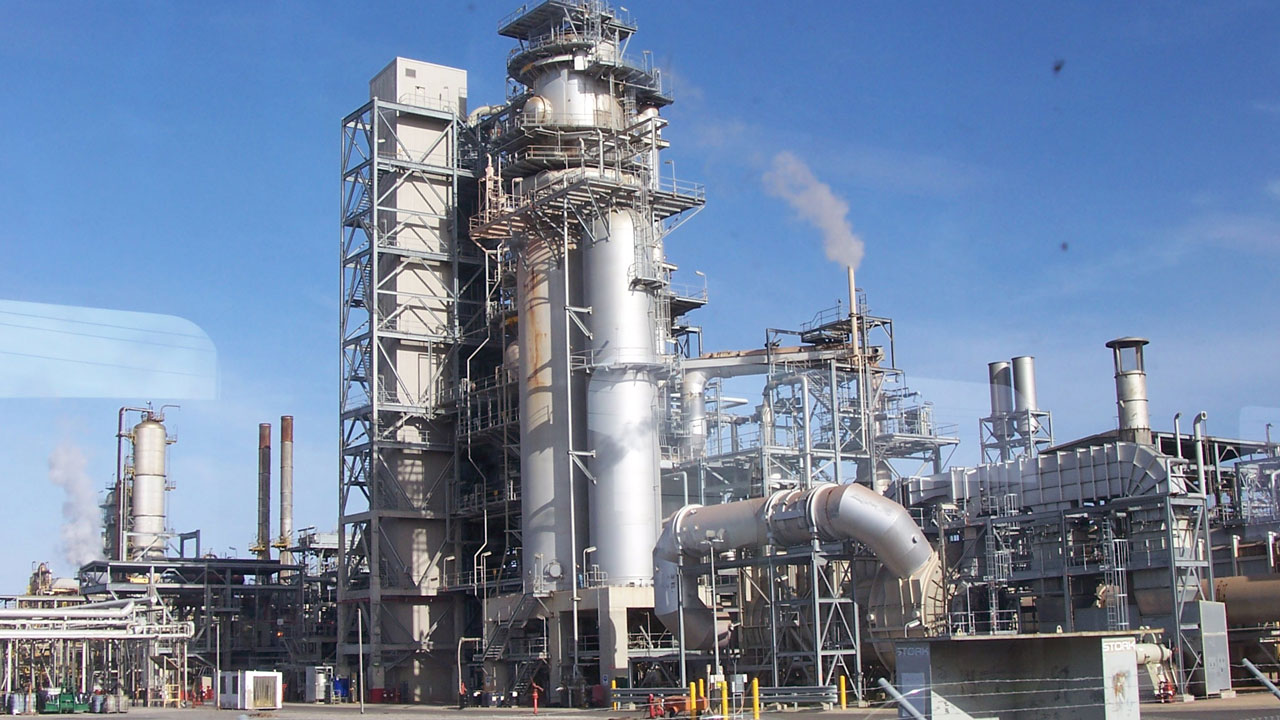
Despite being one of the world’s top oil producers, Nigeria has not been able to grow its oil refinery industry. Thankfully, Nigeria’s Minister of State for Petroleum Resources, Chief Timipre Sylva, revealed that Nigeria won’t begin processing its crude oil for another year. According to Reuters, who reported that the statement was made to media in Abuja on Tuesday, this information is accurate.
The Minister, according to the newspaper, said that a renovated refinery in Port Harcourt, Nigeria, is already laying the groundwork for refining crude oil there. has a target delivery date of the end of December 2023 for 60,000 barrels per day of refined crude. He continued by stating that, in the worst-case scenario, Nigeria anticipates ceasing to import petroleum products around the third quarter of 2023.
If I had to provide a longer period, we might potentially stop importing petroleum products during the third quarter of next year, but I think we’ll stop even earlier than that, the minister added. Additionally, Timipre Sylva stated that he still anticipates the new Dangote refinery to start operating in the first quarter of 2023.
Currently, it is anticipated that it will cost $1.5 billion to renovate the Port Harcourt refinery. This new invention comes while the entire world economy is experiencing a boom due to increased energy prices. By 2023, a global recession could occur as a result of this energy crisis and other problems.
Nigeria has declined to completely enter the refining sector since the country discovered oil. The export of crude oil has been the nation’s primary source of income throughout its brief history. The government is certain to boost its national bottom line to previously unheard-of levels with the proposal to launch a refining business within its boundaries.
According to a section of the Reuters article, “Sylva told reporters in Abuja that Nigeria intended to achieve its OPEC quota by May of next year and said the country’s crude production had increased to roughly 1.3 million barrels per day from less than 1 million barrels previously. The primary source of revenue for Nigeria’s exports is oil, but crude theft and pipeline vandalism have reduced production, displacing Nigeria as the continent’s













